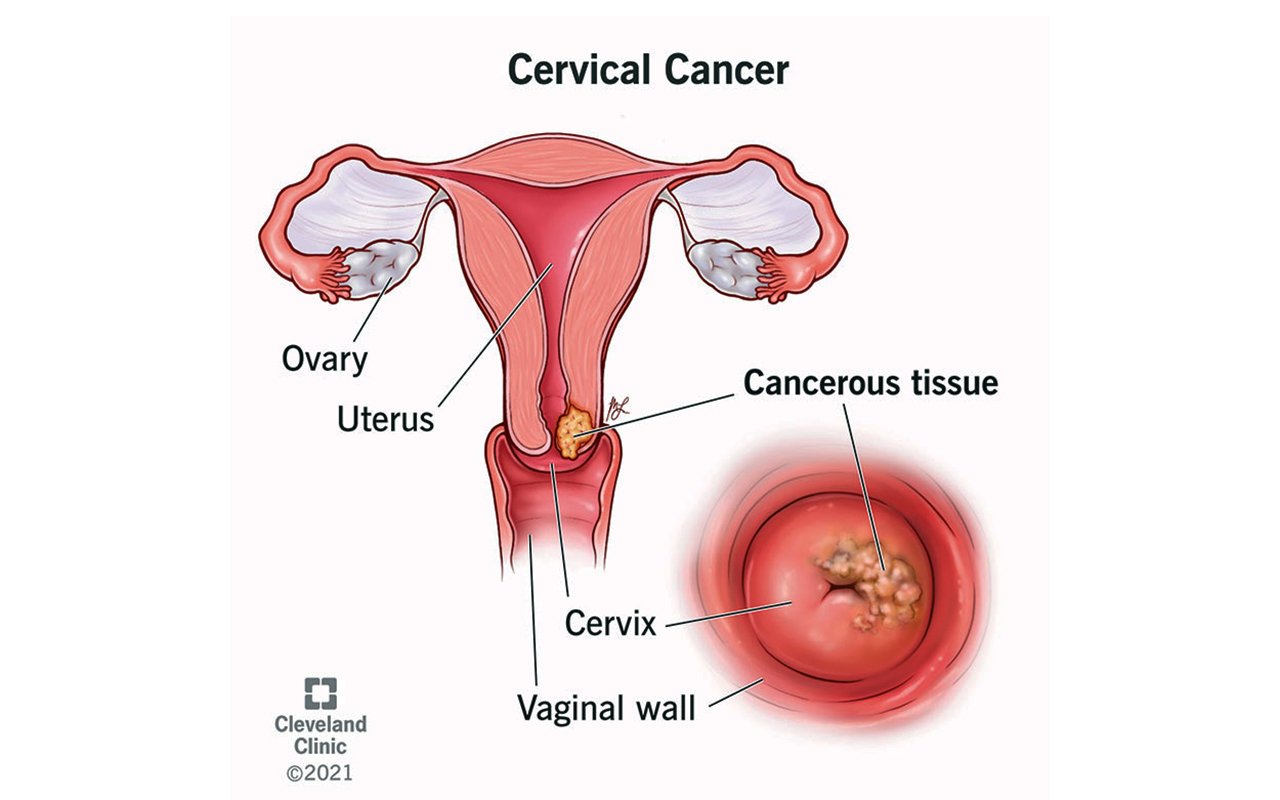Sustainable health amidst the Covid-19 pandemic

A woman receives the Covid-19 jab in Wakiso District on September 27, 2021. PHOTO/JOSEPH KIGUNDU
What you need to know:
- It will bridge the gap between patients, health practioners and policy makers through research, capacity building programmes and innovation.
When Sustainable Development Goals were set in 2015 by the United Nations General Assembly, all countries adopted them with the principle of leaving no one behind. These are a set of 17 interlinked goals with targets and indicators in order to improve people’s lives and sustainable health. These were included in a UN Resolution known as Agenda 2030.
Globally Covid-19 pandemic has magnified the existing inequalities and inequities around the world compromising the gains of the Millennium Development Goals and low developed have been greatly affected due to being triple burdened disease countries with viral hemorrhagic fevers (Ebola), communicable, non-communicable diseases, inadequate health care systems, constrained financial budgets, high risk factors or social economic determinants of health.
In Uganda, there is still notable death accounting for 75 per cent from HIV/Aids, malaria, Tuberculosis, maternal and neonatal infections. This is further exacerbated by the sudden rise in non-communicable diseases accounting for 33 percent of premature death.
These include mental health, sickle cell, cancers, diabetes mellitus, chronic obstructive respiratory diseases, cardiovascular diseases such as hypertension and stroke, according to the Ministry of Health.
There is increased cases of diseases such as cervical cancer which accounts for 80 percent of disease burden among HIV-positive patients (MOH 2020).
This is coupled with lack of proper laboratory diagnosis, shortage of skilled health workers, essential medicines, equipment and awareness in the communities hence forcing people to go to traditional healers for help.
There is a need to promote community health through strengthening surveillance, timely diagnosis and linkage to care.
It will bridge the gap between patients, health practioners and policy makers through research, capacity building programmes and innovation. Health is not only a contributor to overall development but an important factor in reducing poverty and achieving sustainable development hence addressing non-communicable diseases besides communicable diseases will enhance achievement of universal health coverage and sustainable health in Uganda.
Dr Harriet Nakigozi Yiga , public health and laboratory specialist and Dickson Tumuramye, researcher and assistant registrar, Uganda Christian University




